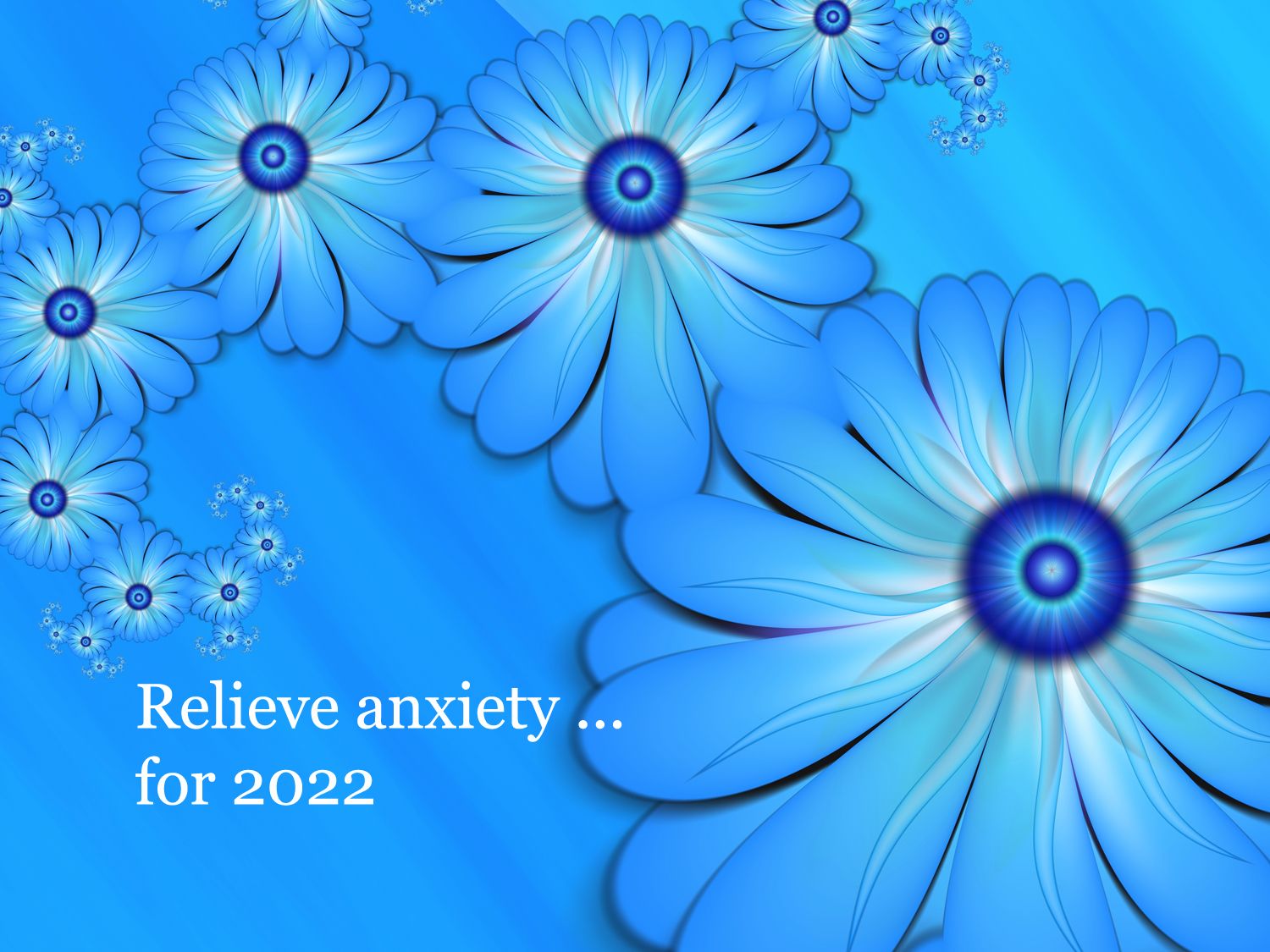When people face stress, many find that the stress can compound with thoughts of not only the present stress but about events or issues that occurred in the past or even events that may occur in the future.
If you've experienced this kind of stress, you may have noticed that the same thoughts replay over and over again in your mind creating an endless loop and increased worry. This thought pattern not only does nothing to help solve the problems at hand, and but can also interfere with healthy practices that can help create inner peace—like restful sleep.
While you may have been told in the past to "clear your mind" to let go of stress, this strategy isn't actually about letting go of all the thoughts and worries in your mind. Instead, it is about learning how to be more mindful and observing your thoughts without judging them.
This article by Dr Elizabeth Scott discusses some of the benefits of becoming more aware of your own thoughts. It also covers some strategies you can use to give yourself a break from these recurring, compounding stressors.
Positive Effects of Being More Mindful
The process of replaying the same thoughts over and over in your head is known as rumination. Research has shown that rumination can be harmful in many ways, Being able to free yourself from this negative practice is an important skill to master.
One of the main problems with rumination is that when you focus on disturbing events in the past or future, you create anxiety for yourself in the present. This anxiety triggers your stress response and robs you of joy at the moment. The result may be chronic stress—an unhealthy condition that can lead to a host of physical, mental, and emotional problems.
NB. Learning to avoid rumination (or manage it successfully), can help you maintain or achieve an improved state of mind.
Better Rest
Rumination has been found to affect rest. Not only does rumination delay the time at which you stop stressing about, say, work and start relaxing at the end of the day, but it can affect your sleep as well. With less time to rejuvenate and more time feeling unpleasant, those who ruminate get a double dose of stress with limited ability to recover.
By managing rumination better, you might be able to spend more time (both awake and asleep) in a more restful state.
Decreased Cortisol
Chronic stress, which can be exacerbated by rumination, is thought to contribute to illness because it causes over-activation of stress-responsive biological systems. Rumination may also alter the body's stress-responsive systems by amplifying and prolonging exposure to physiological mediators, such as cortisol.3
NB. What is Cortisol?
Cortisol is a hormone that is released by the adrenalin gland. It's commonly known as the "stress hormone." Cortisol plays several important roles in the body that cn affect theway you feel.
For example, it can help to control blood sugar levels, regulate metabolism, reduce inflammation, and assist with memory formulation. However, prolonged high levels of cortisol are associated with negative health outcomes.
One study found that people who engaged in rumination had higher levels of cortisol in their systems by the end of the day, but not higher levels at the beginning. These findings pointed to the likelihood that the cortisol was linked to their way of handling the day's stresses.
The study also demonstrated that rumination (not just the events of the day) is directly related to increased physical responses to stress.
Improved Creativity
Rumination can dampen your creativity. One study found that people who ruminated about problems at work were less creative on the job, while those who engaged in problem-solving thinking showed quicker recovery off the job.
In short, ruminating more often probably means that you "take your work home with you." On the other hand, those who participate in problem-solving thoughts are likely to be more creative (and likely more effective) on the job and enjoy a more relaxed recovery after work.
NB. Research has also linked rumination with a decreased ability to see solutions to problems, which can potentially lead to more stress.
How to Be Mindful of Your Thoughts
Learning how to be mindful and observe your thoughts non-judgementally can help combat rumination and may lead to better sleep, more effective downtime after work, greater focus, and increased creativity. The practice may even be good for your relationships. So investing some time in mind-clearing strategies is well worth it.
If your thoughts about a stressful situation become "stuck" and thinking about an event no longer leads to positive change, it's time to take steps to change your thinking.
That said, letting go of negative emotions is easier said than done. There are a few techniques to quiet your thoughts that you can try.
Meditation
Research shows that meditation can be helpful in facilitating forgiveness, letting go of rumination, and reducing negative emotions. Meditation provides many other benefits, as well.
To start a meditation practice, simply find a place where you can sit and relax. Then observe your thoughts without becoming attached to them. Once you've noticed them, let them go and bring your focus back to the present moment.
Related: How to practice basic meditation
Engage in Expressive Writing
If your mind is filled with stressful feelings, it may be helpful to give in to the thoughts and express them through writing. Journaling allows you to delve deeper into the topics that plague your thoughts.
Fully experiencing and examining your emotions can help you brainstorm solutions and give you different ways of looking at your problems (a technique known as cognitive restructuring).
When you first begin, set a time limit so you don't get stuck in rumination. Multiple studies have found that 20 minutes is an effective amount of time for positive mental and emotional change without sliding into rumination.
Distract Yourself
Sometimes, the best thing you can do to change your negative thoughts is to change your focus. Go outside and exercise. Get involved with a project or hobby. Lose yourself in a good book for a few minutes. Activities such as tai chi and karate can also be used to clear your mind.
The simple act of distraction is an excellent way to bring positive activities into your life and take a break from stress and worry
Connect With Friends
You may have noticed that when you're overly stressed and entrenched in rumination, you're not as much fun to be around. As a result, your relationships may suffer.
NB. Focusing on positive relationships can minimize stress and the tendency to ruminate. By strengthening your relationships, you provide yourself with a healthy coping technique.
Research has found that those with strong social connections tend to use rumination less to cope with stress. These people also have lower rates of depression, post-traumatic stress disorder, and stress-linked inflammatory responses.
Processing your problems with an empathetic friend can be a healthy distraction and a highly effective coping method. But even if you choose not to discuss your problems, the simple act of getting together can be useful to clear your mind. It's a fun and healthy way to deal with stress and anxiety.
Avoid Ruminating
One danger to watch for is the potential for co-rumination. Co-rumination involves continually revisiting and talking about problems with friends. This type of behavior can lead to negative feelings and exacerbate feelings of anxiety and depression.
Talking to friends can be an important outlet, but it is important to remember that not all forms of support are necessarily helpful. Healthy emotional processing involves thinking about things realistically, often finding ways to solve problems or find the positives. Rumination typically involves repetitive thoughts that only focus on the negative.
If you find yourself dwelling only on the negative when talking to a friend, it's likely that you are engaging in non-helpful co-rumination. Look for ways to process your feelings and find support without slipping into rumination and negative thinking.
Recap
There are many strategies you can use to become more aware of your thoughts. Meditating, practising mindfulness, journaling, and leaning on friends can all be helpful ways to cope.
A Word From Verywell
Instead of trying to clear your mind, your focus should be on becoming more aware of your thoughts and learning to observe and accept them without judgment. By becoming more aware of your own thought patterns, you'll be better able to take steps to change some of the negative thinking patterns that are contributing to stress.
Article By Elizabeth Scott, PhD Updated in December 2021, *Medically reviewed by Amy Morin, LCSW







Comments (0)
Write your comment below